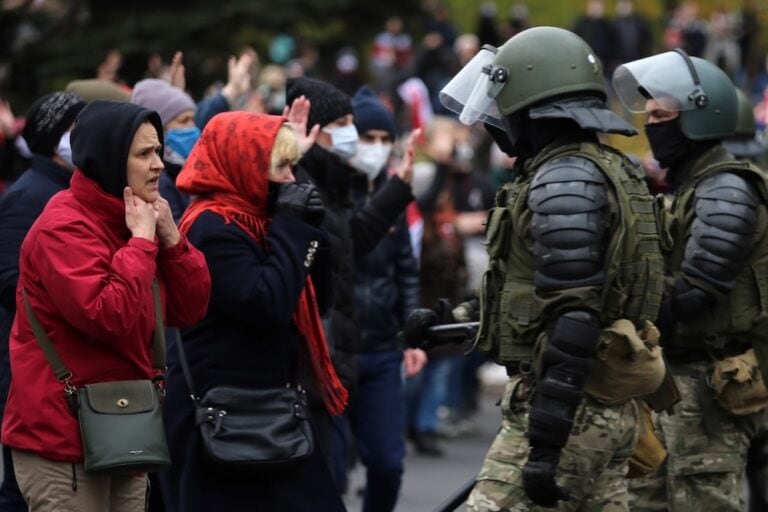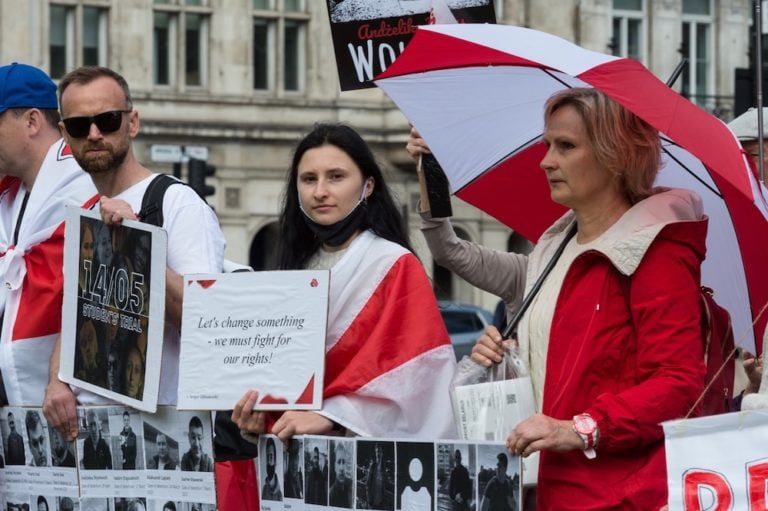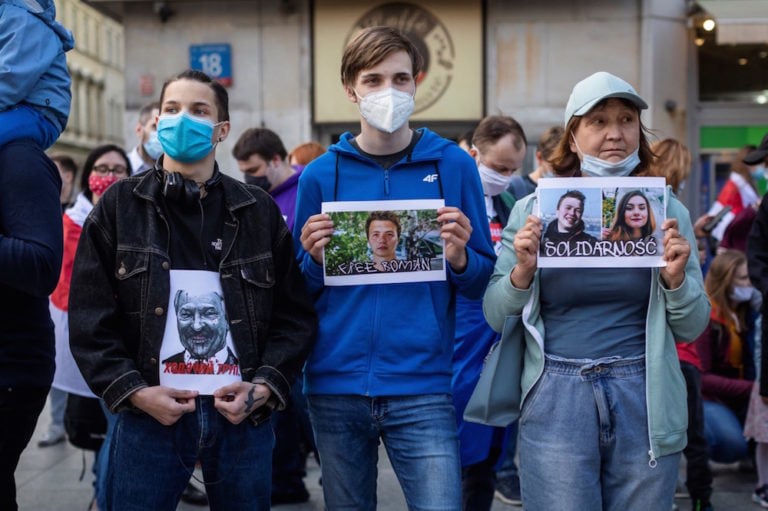(IFJ/IFEX) – The following is an IFJ media release: IFJ Backs Lithuania Journalists In Row Over New Law on Media The International Federation of Journalists today called upon lawmakers in Lithuania to think again over plans for a new media law. Proposals from the ruling coalition will undermine progress towards openness and democracy, says the […]
(IFJ/IFEX) – The following is an IFJ media release:
IFJ Backs Lithuania Journalists In Row Over New Law on Media
The International Federation of Journalists today called upon lawmakers in Lithuania to think again over plans for a new media law. Proposals from the ruling coalition will undermine progress towards openness and democracy, says the IFJ.
The IFJ and its regional group, the European Federation of Journalists, is backing calls from the Lithuanian Journalists’ Union for the Parliament in Vilnius to reject the new law.
According to the IFJ the legislation overturns existing laws and will weaken recognition of the right of journalists to professional secrecy; will expand government secrecy; will abolish existing methods of media self-regulation; and will impose hefty fines on media outlets found in breach of the law.
“Altogether it is a dangerous proposal that threatens to undermine the steady progress made in Lithuania towards press freedom and democracy,” said Aidan White, IFJ General Secretary. “We note that even Lithuania’s President Valdas Adamkas has warned that the new law could re-establish state censorship for the media. In these circumstances it must be completely redrafted or withdrawn.”
Parliamentarians supporting the media law say that the law is needed to meet standards set out in current negotiations with the European Union for membership, and must be adopted by July 1st. But the IFJ says that such demands, if made, are completely unacceptable.
“It is not for the EU to undermine standards of media administration that are higher than those elsewhere in Europe,” said Aidan White, “Harmonisation is about encouraging the highest standards of press freedom and democracy. We must never penalise countries that have better conditions than others.”
The IFJ represents more than 450,000 in 100 countries. In Europe, the European Federation of Journalists (IFJ) represents more than 200,000 journalists including those in Lithuania.


